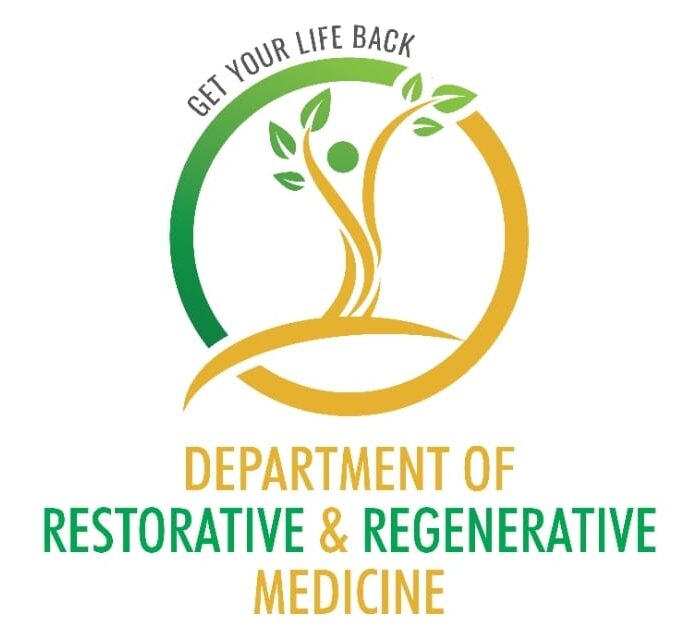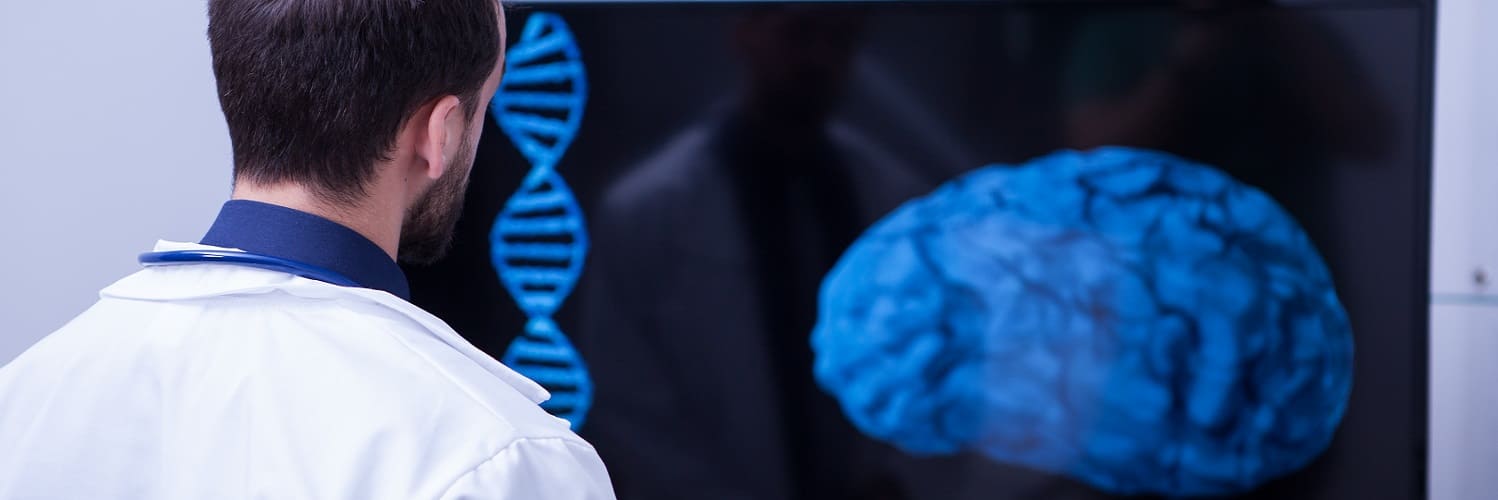As premier hospital for diabetic neuropathy in Mumbai, our dedicated team of endocrinologists, neurologists, and rehabilitation specialists offers advanced treatments and personalized care plans to alleviate symptoms and promote overall well-being. At RNR Medicine, we prioritize your comfort and actively involve you in your diabetes care journey. Rediscover hope and a healthier, symptom-free future with RNR Medicine.
Diabetic Neuropathy is a diabetic complication that leads to nerve damage. Around 50% of the patients with severe diabetes experience this disease. It is characterized by pain, paresthesia, and late-stage complications, such as sleep deprivation, depression, foot ulcers, hemorrhage, motor function decline, and even amputation. A high incidence of these complications increases the risk of death and takes a heavy toll on the quality of life of the patient. Although painful neuropathy responds to antidepressants, anticonvulsants and opioid agonists, these drugs are often ineffective or can induce severe adverse effects
In many areas of the world, dedicated research is ongoing that can help patients to reduce their suffering from disability. Transcranial magnetic stimulation is such a novel innovative method that has shown promising results in recent studies. It is a painless, noninvasive method that modulates cortical excitability.


